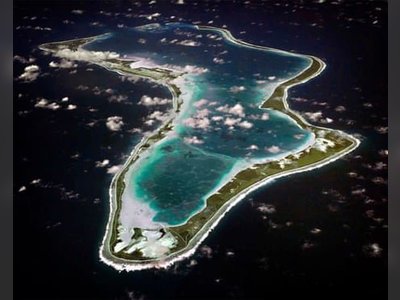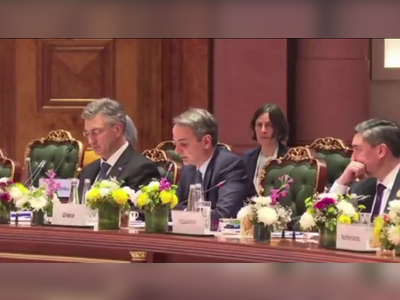
New licensing, investment bills considered
The licensing act would update the processes for issuing business licenses, repealing and replacing the Business, Professions and Trade Licences Act (Cap. 200).
Anyone who engages in business without the proper licence could face a $5,000 fine and two years imprisonment under the proposed law, though belongers selling “locally produced, unprocessed agricultural products or any marine products” or “homemade pastries, drinks and confectioneries” as roadside vendors would be exempt.
The bill also lays out the requirements for obtaining a licence, which both belongers and non-belongers must get for other types of businesses.
The fee schedule prescribes fees that are in some instances more than 20 times as high for non-belongers as belongers. For manufacturing chemicals, plastics, computer parts and certain other products, belongers must pay $250 for a licence and non-belongers must pay $5,000.
The steepest fees would be for non-belongers seeking a licence for building construction or for the trade/repair of vehicles, each costing $10,000. Belongers would pay $500.
Investment bill
The proposed investment act seeks to promote “sustainable economic development and growth” by attracting foreign and domestic investors with the ultimate goals of reducing unemployment, diversifying the economy, effectively resolving disputes, and reserving certain sectors for “certain categories of investors,” according to the bill text.
It would give the overseeing VI Trade Commission the power to introduce incentives after consulting with the relevant minister and getting consent from the minister of finance. Those incentives include residency; customs duty exemption or reduction on building materials; and tax reductions for land and property, payroll and other areas.
The commission would also be empowered to enter into a “legally binding performance agreement with any foreign investor” wanting to contribute to the territory’s development.
Targeted sectors for investment include tourism, financial and professional services, business process outsourcing, fisheries research and development, research and development in alternative energy and the environment, manufacturing and production, agriculture research and development, and international air and sea transport.
Both bills would be debated in the House if they come for a second reading in a future sitting.











